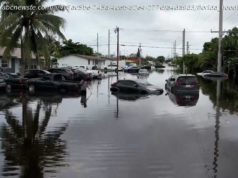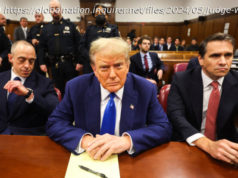A vaccine needs the public’s trust and it is risky to cut corners on clinical trials.
Russia’s announcement that a fast-tracked Covid-19 vaccine is registered there, with plans for quick distribution in the general population this fall, is being condemned by scientists worldwide. Findings from scientific studies of this vaccine, named “Sputnik V,” are not available. Large safety and efficacy trials are only now getting underway. But despite only two months of preliminary testing in people, Russian President Vladimir Putin called the vaccine “quite effective” and it has received regulatory approval. In other places, notably the United States, China and the European Union, even as researchers rush to develop vaccines, they continue to publish studies of these vaccines at a more measured pace than is happening in Russia. As an epidemiologist who studies vaccine hesitancy and vaccine-preventable disease, I am concerned about this news from Russia. After essential workers and high-risk groups are vaccinated, I would want to be among the first in line for an approved Covid-19 vaccine, but the medical research system must make sure any vaccine is safe and effective before distributing it to the population at large. Before any drug, vaccine or medical device is licensed for use in the general population, it needs to go through several rounds of large-scale testing. These studies are designed to make sure the intervention is safe and effective, and to understand what the appropriate dosage will be. Under normal conditions, the research required to bring a vaccine to market can take decades. For example, before the HPV vaccine was licensed in the US in 2006, a phase III clinical trial enrolled 18,644 participants in 2004-2005, a phase II clinical trial had enrolled 1,113 participants in 2000, and the laboratory studies that led to a vaccine candidate had been published in the early 1990s.
Домой
United States
USA — Science Why scientists worldwide are distrustful of Russia’s Covid-19 vaccine






